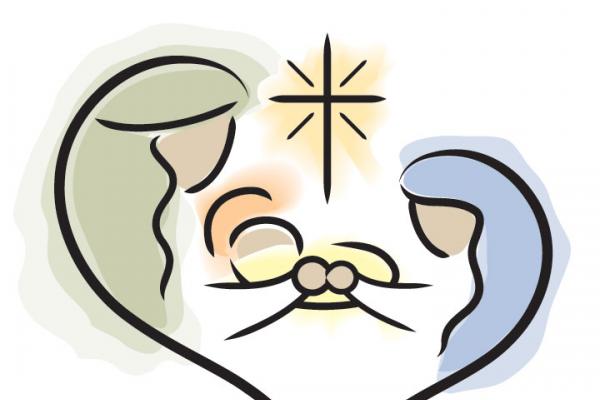Dec 25, 2012
When asked to identify common features of the historical Christmas storyline, many speak of Mary, Joseph, shepherds, wise men, angels, King Herod, and of course, the newborn Jesus. But we too often fail to recognize the social circumstances in which Jesus was born; our understanding of the nativity narrative is too often left incomplete.
In the midst of our various congregational and community Christmas celebrations, we are confronted with the harsh reality that Jesus was brought into the world within a condition of homelessness. As a result, one can argue that we cannot fully commemorate Christmas without recognizing its social setting, for the context of Jesus’ birth points us toward the content and concerns of Jesus’ life.
Read the Full Article

Already a subscriber? Login
